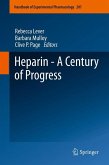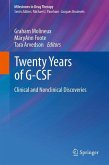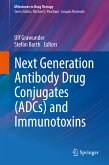The obesity pandemic continues to increase on a world-wide basis with over 70% of the United States population being either overweight or obese. Hematologic malignancies have recently been identified among the obesity associated malignancies spanning the lifespan from childhood to the elderly and include leukemia, myeloma, lymphoma and others. In addition to the potential etiologic association between obesity and hematologic malignancies, the presence of obesity has profound effects on therapy by impacting pharmacokinetics of chemotherapeutic agents, dose, adipocyte metabolism and drug distribution. These may be particularly important in hematopoietic stem cell transplantation. Another important aspect of the association of obesity with hematologic malignancies is the increased incidence of obesity in children who successfully complete therapy for acute lymphoblastic leukemia. This and other observations indicate important relations between the hematopoietic systems and adipose tissue metabolism. Energy Balance in Hematologic Malignancies will provide an important volume in the series on Energy Balance and Cancer and serve as a basis for better understanding etiology, mechanisms, therapeutic implications and experimental approaches. While this book should be of specific interest and utility to all pediatric and adult hematologists and oncologists dealing with hematologic malignancies, it should also provide an important resource for all investigators concerned, from a clinical or research basis, with the impact of obesity and exercise on hematologic malignancies.
Dieser Download kann aus rechtlichen Gründen nur mit Rechnungsadresse in A, B, BG, CY, CZ, D, DK, EW, E, FIN, F, GR, HR, H, IRL, I, LT, L, LR, M, NL, PL, P, R, S, SLO, SK ausgeliefert werden.









